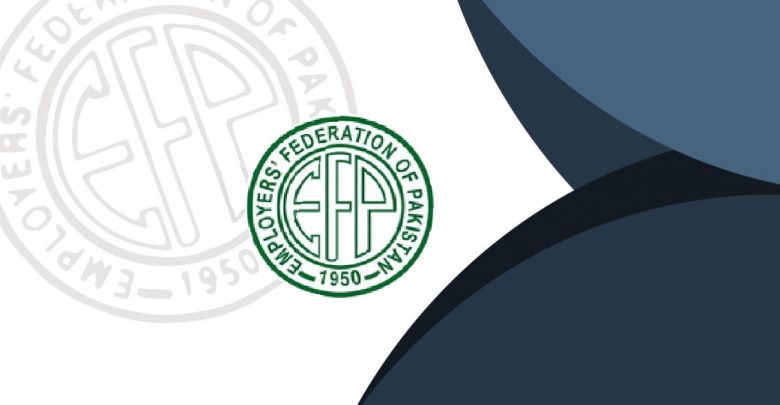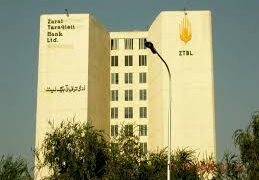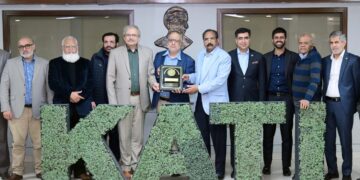KARACHI- President, Employers’ Federation Pakistan, Ismail Suttar, was completely bemused by the central bank’s actions towards the recent inflation rates. He affirmed that the State Bank’s action to run riot in increasing the level of already augmented interest rates to all high 8.75% proves that there is an absolute uncertainty about the correlation between inflation and interest rates in our noble political structure.
All things considered, the State Bank of Pakistan had claimed to jack up the annual percentage rates by 150 basis points in order to ameliorate the inflation plight which, as per their claim, has been escalating primarily due to increasing imports and demand side pressures.
In a statement, he said that the claim in itself proved to be erroneous since Pakistan in contrast to being a demand pull economy is actually a cost push economy, where an increase in interest rates will lead to a swell in already peaked costs of production. It is in such economies one should realize that an increase in interest will cause an eventual yet inevitable increase in inflation rather than a decrease.
“Thomas Tooke a renown English economist has underscore his contention on the matter, where economic systems tend to hold on to the opinions that high interest rate tight-money policies are inherently anti-inflationary”, he said, adding that in these cases, if we were to consider a demand pull economy, the situation would be contradictory and even suitable to the central bank’s decision to increase interest rates, but despite the incomprehension Pakistan’s ever increasing interest plight, for the past 20 years, has always caused the inflation rates to expand rather than to contract.
EFP adheres to the belief that Pakistan’s history and logical literature is evidence enough to prove that the economic structure of Pakistan is in actual reality a cost push inflationary structure, where an increase in interest rates will cause a boisterous rise in prices as opposed to a decrease. The State Bank of Pakistan should keep in consideration that such actions, only by means of simple incomprehension are bound to hit economies negatively. A simple deliberation on the matter, can lead us to realize that the traditional system of increasing interest rates is resulting in collapse in the economic structure of Pakistan and if no action is taken in due time the country would be facing the recession upfront.
The economic structure of Pakistan, being a cost push, can tackle the inflation issue by tough administrative or fiscal policy regimes. As always, the consideration and analysis of important entities in this regard will play a very vital role in the establishment of sustainable systems that will build the trust of business communities in the region to foster growth and development on their end.



















